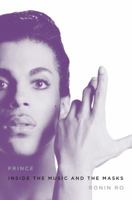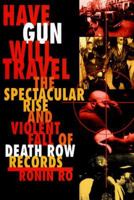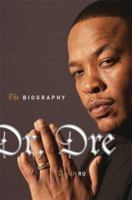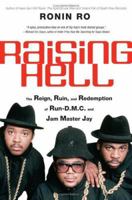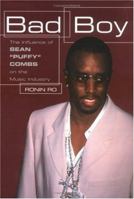Body Talk Never Lies...: When You Understand Its Language, It May Save Your Life!
Select Format
Select Condition 
More by Ronin Ro
Book Overview
No Synopsis Available.
Format:Paperback
Language:English
ISBN:0982652488
ISBN13:9780982652480
Release Date:January 2012
Publisher:Iwr Press
Length:93 Pages
Weight:0.50 lbs.
Customer Reviews
2 customer ratings | 2 reviews
There are currently no reviews. Be the first to review this work.












